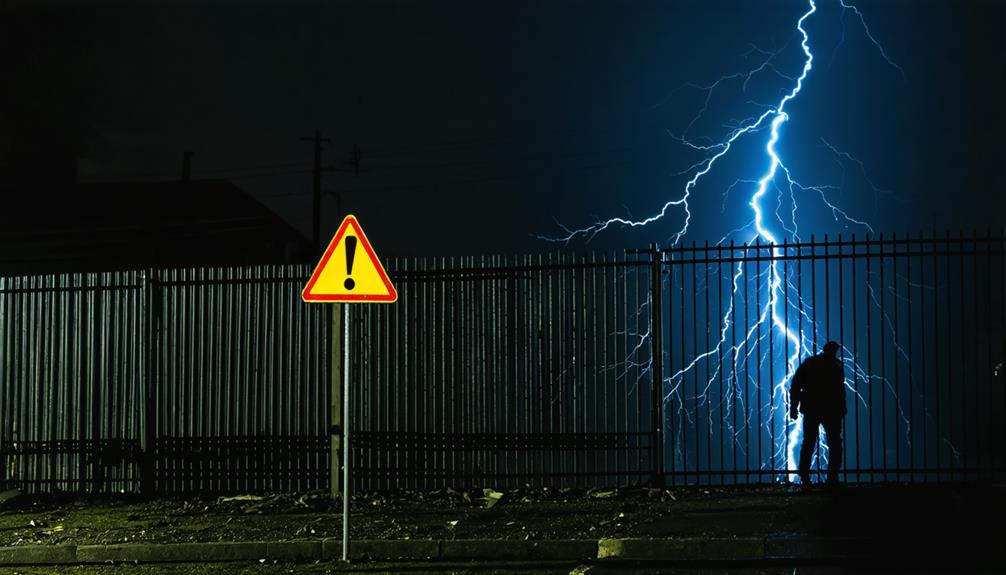
Brainstorm Security Shop

For Orders Over $199

On Any Of Our Products

Details On Refund Page
You may be surprised to learn that hidden camera laws can vary significantly depending on your location. These laws dictate where and how surveillance devices can be used, impacting both individuals and businesses alike. Understanding these regulations is crucial to avoid potential legal repercussions. So, before you set up that hidden camera, make sure you’re aware of the rules that govern its use to stay on the right side of the law.
Hidden camera laws vary by state and country, dictating the legality and restrictions surrounding the use of surveillance devices in different settings. In public spaces, where privacy concerns often arise, surveillance laws play a crucial role in balancing security needs with individual rights.
With advancements in technology, the capabilities of hidden cameras have evolved, raising new questions about their usage and the protection of privacy.
Surveillance laws in various jurisdictions aim to address the growing concerns related to hidden cameras in public spaces. These laws seek to regulate where and how surveillance devices can be used, especially in areas where individuals have a reasonable expectation of privacy.
As technology continues to advance, these laws must adapt to ensure that they provide adequate protection against intrusive surveillance practices.
Understanding the nuances of hidden camera laws is essential for both individuals and businesses to navigate the complex landscape of surveillance regulations. By staying informed about the legalities surrounding hidden cameras in public spaces, you can ensure compliance with the law while respecting privacy rights.
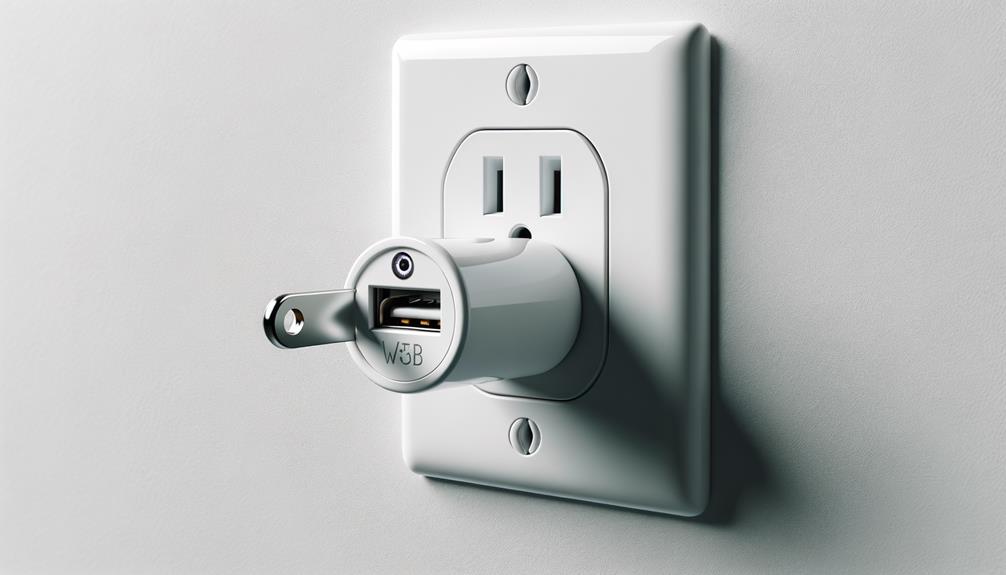
Differentiating permissible locations for the use of surveillance devices is crucial in navigating the complexities of hidden camera laws.
When it comes to home security, installing hidden cameras inside your own home is typically allowed, as long as the cameras aren’t placed in areas where individuals have a reasonable expectation of privacy, such as bathrooms or bedrooms. It’s important to inform any visitors or employees about the presence of surveillance equipment to avoid potential legal issues.
Workplace surveillance is another area where hidden cameras are often used. In workplaces, hidden cameras are generally permitted in common areas such as hallways, entrances, and break rooms. However, it’s essential to be aware of specific regulations regarding employee privacy and to ensure that cameras aren’t used in areas where employees have a reasonable expectation of privacy, like restrooms or changing rooms.
Properly notifying employees about the presence of surveillance devices can help maintain a transparent and legally compliant workplace environment.
Prohibiting the use of hidden cameras in areas where individuals have a reasonable expectation of privacy is a crucial aspect of adhering to surveillance laws and regulations.
Public bathrooms and dressing rooms are among the most sensitive spaces where hidden cameras are strictly prohibited. These areas are considered highly private, and recording individuals in such vulnerable situations is a violation of their rights and can lead to severe legal consequences.
Similarly, hotel rooms and bedrooms are off-limits for hidden cameras. Guests have a reasonable expectation of privacy in these spaces, and any form of unauthorized surveillance can infringe upon their personal boundaries.
It’s essential for individuals and businesses to respect these boundaries and refrain from using hidden cameras in these intimate settings.
Understanding the legal requirements for obtaining consent before recording individuals is fundamental to ensuring compliance with surveillance laws and regulations. When it comes to recording in public spaces, consent requirements may vary based on the jurisdiction. In general, if individuals are in public areas where there’s no reasonable expectation of privacy, consent may not be necessary.
However, it’s crucial to consider surveillance ethics and respect individuals’ privacy rights even in public settings.
Surveillance laws often require consent for recording in private spaces, such as homes or bathrooms, where individuals have a reasonable expectation of privacy. It’s important to be aware of these distinctions to avoid legal repercussions. Additionally, some jurisdictions mandate that consent must be explicit, meaning individuals must be informed that they’re being recorded and agree to it knowingly.
Penalties for illegal use of hidden cameras can include fines, imprisonment, and civil liabilities depending on the severity of the violation and the specific laws of the jurisdiction. Criminal ramifications for unauthorized surveillance can result in significant fines and even imprisonment, particularly if the violation involves invasion of privacy or unlawful surveillance practices. In some cases, individuals found guilty of illicitly using hidden cameras may face both criminal charges and civil lawsuits, leading to additional financial penalties.
The severity of the penalties imposed often correlates with the extent of the violation and the intent behind the use of hidden cameras. Deliberate and malicious acts of surveillance without consent are viewed more harshly by the legal system compared to inadvertent or unintentional violations.
The laws surrounding hidden camera use vary by jurisdiction, so individuals must be aware of the specific regulations in their area to avoid legal repercussions. Overall, it’s crucial to understand the potential criminal and civil consequences associated with the improper use of hidden cameras to prevent legal entanglements.
Employers must adhere to specific legal guidelines when considering the use of hidden cameras in the workplace. Employee surveillance through hidden cameras should be approached cautiously, as it directly impacts workplace privacy. Before implementing hidden cameras, employers should clearly communicate the purpose and extent of surveillance to employees, ensuring transparency and trust within the work environment.
When utilizing hidden cameras for employee surveillance, it’s crucial to focus on legitimate reasons such as preventing theft, ensuring safety, or investigating misconduct. It’s essential to strike a balance between the need for surveillance and respecting employees’ right to privacy. Employers should be aware of federal and state laws that govern the use of hidden cameras in the workplace to avoid legal repercussions.
Workplace privacy is a fundamental right protected by various laws, and employers must navigate the use of hidden cameras carefully to avoid infringing upon it. By establishing clear policies, obtaining consent where necessary, and using surveillance cameras responsibly, employers can maintain a productive work environment while respecting employees’ privacy rights.
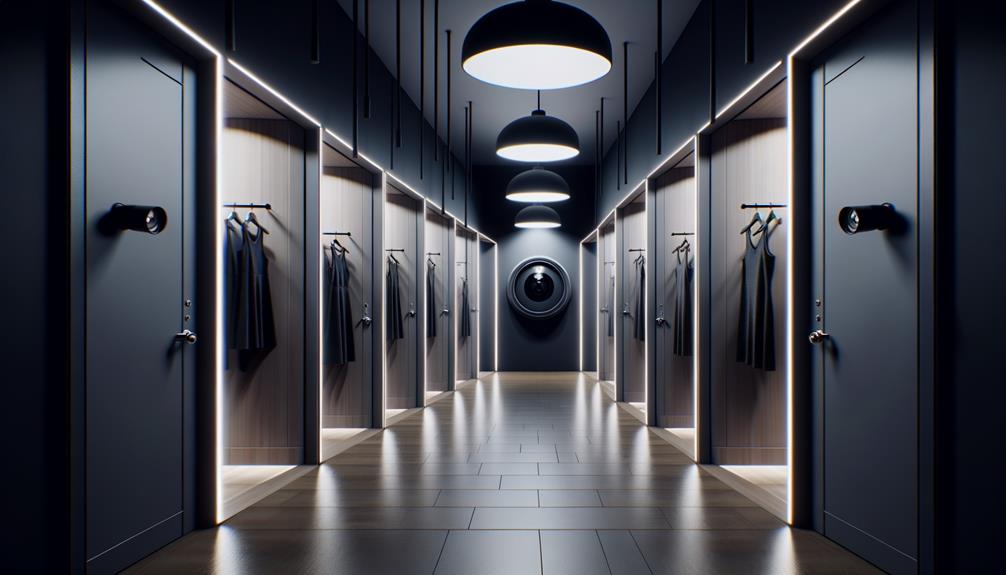
When considering the use of hidden cameras, it’s crucial to prioritize and uphold individuals’ privacy rights in the workplace.
In public spaces, surveillance through hidden cameras raises ethical considerations regarding the balance between security and personal privacy. Technology has advanced to a point where these cameras can be easily concealed, making it imperative to establish clear guidelines on their usage.
Surveillance in public areas can help deter crime and enhance safety; however, it also has the potential to infringe on individuals’ right to privacy. Employers must carefully navigate these concerns, ensuring that the use of hidden cameras is justified, necessary, and conducted in a manner that respects employee privacy.
Transparency in policies and procedures regarding surveillance can help mitigate privacy issues and build trust within the workplace.
Ethical considerations play a vital role in the deployment of hidden cameras, requiring employers to weigh the benefits of surveillance against the potential invasion of privacy. Striking a balance between utilizing technology for security purposes and respecting individuals’ privacy rights is essential in creating a harmonious work environment.
Adhering to legal guidelines is essential when utilizing hidden cameras for surveillance purposes in any setting. When it comes to home security, using hidden cameras can be a valuable tool to monitor your property and ensure the safety of your loved ones. However, it’s crucial to understand the laws surrounding their use to avoid any potential legal issues.
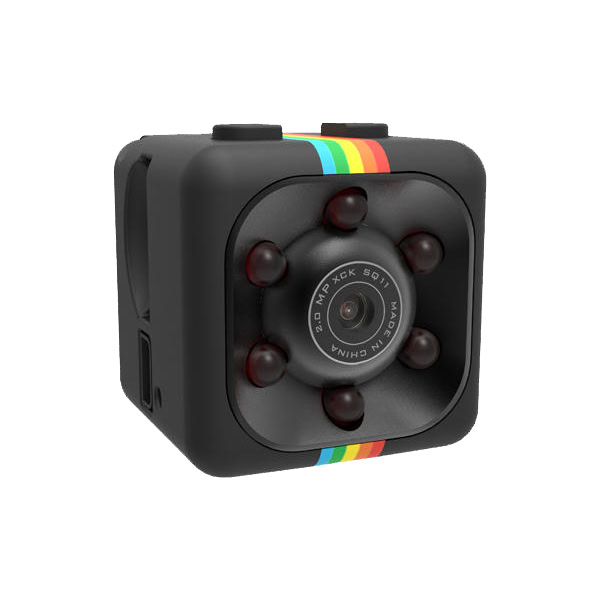
For nanny cams specifically, it’s important to note that using them in areas where a reasonable expectation of privacy exists, such as bathrooms or bedrooms, may violate privacy laws. To legally use nanny cams, place them in common areas of the house where individuals aren’t likely to undress or engage in private activities.
When installing hidden cameras, make sure to inform any individuals being recorded of their presence. This is especially important in areas where privacy is expected, such as changing rooms or bedrooms.
Additionally, refrain from using hidden cameras with audio recording capabilities in areas where individuals have a reasonable expectation of privacy, as this may violate wiretapping laws.
In conclusion, understanding hidden camera laws is crucial to ensure compliance and protect individuals’ privacy rights. By knowing where surveillance devices can be used, obtaining consent when required, and avoiding prohibited areas, individuals and businesses can avoid legal consequences.
It’s essential to stay informed about evolving laws and regulations surrounding hidden cameras to navigate the complexities of surveillance in today’s society.
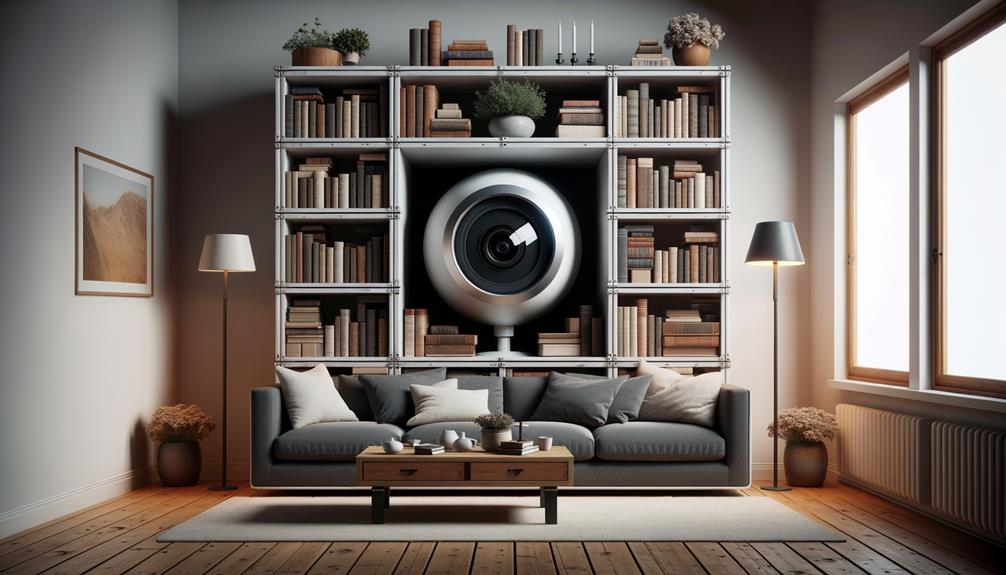
Brainstorm Security Shop
1867 Caravan Trail
Ste 105
Jacksonville, FL 32216
Call us toll free: (800) 859-5566